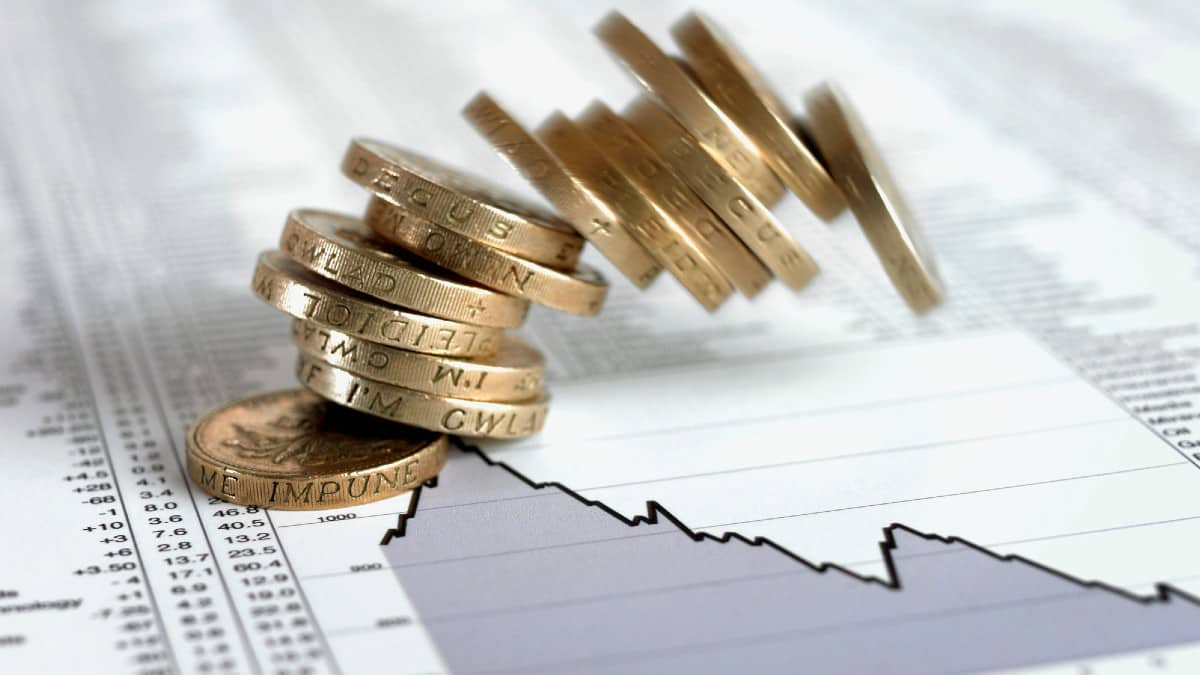Marks and Spencer Group (LSE:MKS) has had a tough few years. It was suffering before the pandemic took hold and struggled for most of last year. Nevertheless, its recent results proved better than expected and there may now be light at the end of the tunnel.
Signs of recovery
The Marks and Spencer share price has been gradually climbing since October, but remains below its pre-pandemic price. In fact, it’s down 9% from its 52-week high and up 81% from its 52-week low.
Like many businesses, MKS has been forced to re-evaluate and streamline faster than ever before. Now I think it’s looking like it’s going to emerge stronger in the future. Cash flow is good, and the company reduced its net debt by nearly £435m during FY20.
In the year ahead, its aim is to generate a profit (before tax) of £300m to £350m, and further reduce debt. The FTSE 250 group will continue investing in improving its online offerings and supply chain improvements.
No Marks and Spencer dividend
The company plans on reintroducing its dividend but that’s unlikely to happen before 2022. I think it’s wise to focus its efforts on improving profitability and reducing debt before resuming dividend payments. Today, Marks and Spencer has a £3bn market cap, and forward price-to-earnings ratio (P/E) of 12.
Group revenue was down 12% in FY20, to 27 March 21, and profit before tax and adjusting items fell 90% to £41.6m. It reported a pre-tax loss of £201.2m.
Reopening boost
In the seven weeks running up to its May update, M&S showed a stronger performance in Clothing & Home, beating its year-on-year levels, although the comparison was with the first lockdown last year and is perhaps not that meaningful. But food growth also showed a strong improvement, boosted by its deal with online supermarket Ocado.
At this stage it’s hard to tell if this is simply pent-up demand that will slow in the summer months, but it’s an encouraging start, nonetheless.
There’s also a chance a rise in staycations could prove lucrative to the M&S food operation. Many people treat themselves to more expensive food shopping when self-catering. So, I think M&S could benefit here.
Marks and Spencer operates one of the UK’s biggest café businesses. It’s been significantly hurt by the lockdowns but there’s hope for a recovery if this can get back on track. Yet another lockdown would have a negative impact on its growth plans and again slow things down.
However, the closure of Debenhams stores and cafes may provide further room for M&S to cater to shoppers. It’s already said it’s looking at some former Debenhams premises as possible relocation sites for its stores.
Hurdles ahead
Nevertheless, Marks and Spencer is up against considerable competition, its reputation for quality has taken a beating in recent years and it failed to attract younger consumers. However, its Ocado partnership is a glimmer of hope that this might be changing.
I think the company is still in for a challenging few years, but I’ll be shocked if it goes out of business. Omnichannel offerings are key to retailers’ growth nowadays and MKS is responding to that with heavy investment. I’m tempted to add a small number of Marks and Spencer shares to my Stocks and Shares ISA. I’d consider this a long-term investment with a five-to-10-year horizon.








